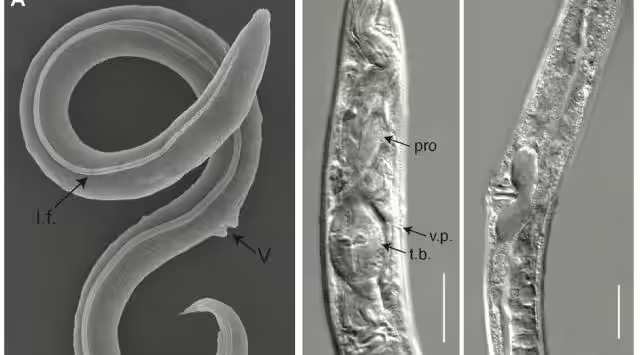Rapid Fire Current Affairs | 31 Jul 2023
Dongria Kondh Tribe
The Niyamgiri Hills in Odisha, home to the Dongria Kondh tribe, face potential threats due to proposed amendments to the Forest (Conservation) Act, 1980, raising concerns about the protection of their ancestral land and cultural identity.
- The Dongria Kondh tribe is one of the 13 PVTGs in Odisha, India.
- The proposed Forest Conservation (Amendment) Bill, 2023, seeks to alter the definition of 'forest' set by the Supreme Court of India in 1996.
- According to the amendment, the Forest Conservation Act, of 2023, will apply only to notified 'forest' areas as per the Indian Forest Act, 1927, and government records from October 25, 1980, onwards.
- About 95% of Niyamgiri land is not classified as 'forest' in government records.
- The amendment may potentially open a window for diverting land not classified as 'forest' in government records to other purposes, which could impact the Niyamgiri hill range and other forest areas in Odisha.
Read more: Dongria Kondh tribe, Forest Conservation Amendment Bill 2023 , Major Tribes in India
46,000-Year-Old Worms and Cryptobiosis
Scientists found and revived two frozen microscopic nematodes in Siberia five years ago. A recent study published in the journal PLOS Genetics revealed key findings about these ancient organisms, showing that these worms are 46,000 years old. The study provides valuable insights into the incredible phenomenon of cryptobiosis.
- Cryptobiosis is a state of extreme inactivity in response to adverse environmental conditions. In the cryptobiotic state:
- All metabolic procedures stop, preventing reproduction, development, and repair.
- Organisms can survive extreme conditions by entering a dormant state where they halt their life processes surviving between life and death.
- The study significantly increases the documented cryptobiosis period in nematodes by tens of thousands of years.
- Ancient worms' remarkable ability to survive in a dormant state has profound implications for evolutionary studies and understanding species adaptation, shedding light on how animals endure habitat changes due to climate change.
Nyaya Vikas Portal
Recently, the Union Minister of Law and Justice provided valuable insights into the Nyaya Vikas Portal during a written reply in the Lok Sabha.
- Nyaya Vikas is an online monitoring system developed with the technical expertise of the National Remote Sensing Centre of ISRO.
- To leverage space technology effectively, the Nyaya Vikas Web Portal and mobile app were launched in 2018, providing efficient and real-time monitoring of infrastructural projects related to judiciary.
- Other initiatives Targeted to reform the Indian Judiciary include:
Read more: Infrastructure Facilities for Judiciary
World Nature Conservation Day with Mission-LiFE
World Nature Conservation Day is observed annually on July 28 annually with an aim to preserve natural resources, biodiversity and ecology across all regions.
- The National Zoological Park, New Delhi commemorated World Nature Conservation Day linking it with the goals of Mission-LiFE.
- At UNFCCC COP26, India’s Prime Minister introduced Mission LiFE, aiming to prioritize individual behaviors in global climate action.
- LiFE seeks to shift from the wasteful 'use-and-dispose' economy to a sustainable circular economy based on mindful and intentional consumption.
- Theme for World Nature Conversation Day 2023 is 'Forests and Livelihoods: Sustaining People and Planet'
Read more: Mission-LiFE
SMILE-75 Scheme
Recently, the Minister of State for Ministry of Social Justice and Empowerment provided valuable insights into the SMILE-75 Initiative during a written reply in the Rajya Sabha.
- The umbrella scheme “SMILE - Support for Marginalized Individuals for Livelihood and Enterprises” also includes sub-scheme - ‘Central Sector Scheme for Comprehensive Rehabilitation of persons engaged in the act of Begging’.
- The objective of SMILE- 75 is to make Indian cities/town and municipal areas begging-free and make a strategy for comprehensive rehabilitation of the persons engaged in the act of begging through the coordinated action of various stakeholders.
- According to Census 2011, India has over 4 lakh beggars. West Bengal tops the chart followed by Uttar Pradesh and Bihar at number two and three respectively.
Read more: SMILE-75 Scheme, Census in India

